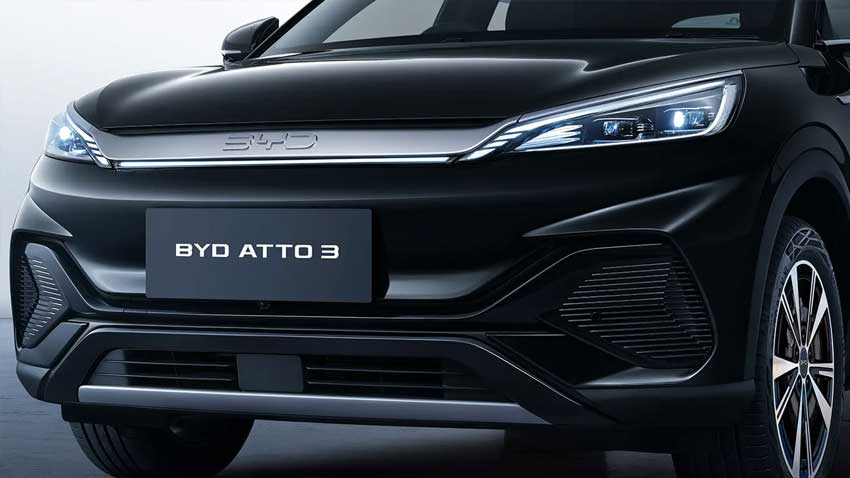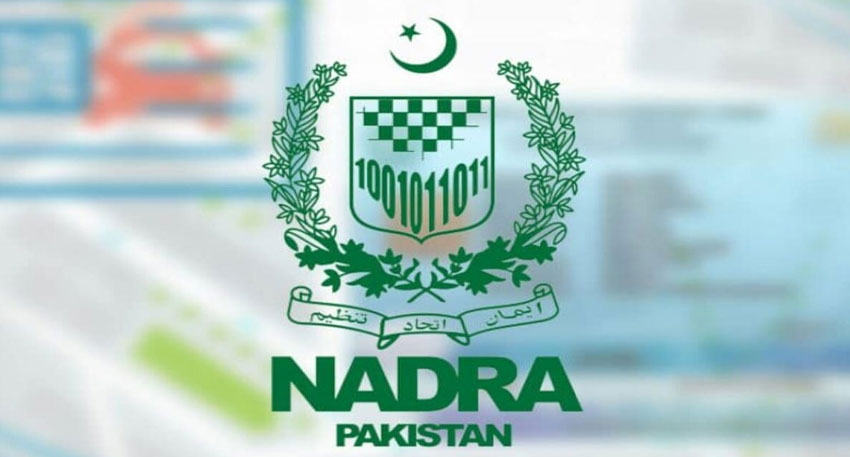
The company’s Vice President of Sales and Strategy in Pakistan, Danish Khaleeq, confirmed that an assembly plant is already under construction near Karachi, with completion expected by April 2025. The project is being developed in partnership with Mega Motor Company, a subsidiary of Hub Power Company (HUBCO).
Initially, the plant will operate in double shifts, with a targeted annual production capacity of 25,000 units. While several components will be imported at first, efforts are underway to promote local manufacturing of non-electric parts.
The primary focus of this initiative is Pakistan’s domestic market, but BYD is also exploring exports to right-hand-drive countries in the future, indicating a wider ambition beyond local sales.
BYD began selling imported EVs in Pakistan in March 2025, and while it hasn’t released official figures, initial sales reportedly surpassed targets by 30% — a strong indicator of consumer interest.
In 2024, total EV and plug-in hybrid sales in Pakistan were approximately 1,000 units, but projections for 2025 suggest a three to fourfold increase. BYD aims to capture 30 to 35% of this growing market.
Read more: Pakistan’s first electric pickup is almost here
Adding to the momentum, HUBCO reports that BYD earned Rs444,000,000 (roughly $1.56 million) in profit during the first quarter of 2025 — a promising financial sign as the company expands its footprint.
Experts believe that locally assembled EVs could be a game changer for Pakistan. They’re expected to lower prices, boost local parts manufacturing, generate employment, and reduce dependency on imports.
The government is also offering attractive incentives, including a 45% electricity discount for EV charging, while BYD is investing in its own charging network, creating a solid foundation for New Energy Vehicles (NEVs) to thrive.
Experts further suggest that plug-in hybrids, which don’t rely entirely on charging infrastructure, are especially well-suited for Pakistan’s current conditions — making them an ideal transitional solution.
BYD’s upcoming Shark 6 pickup truck and competition from other hybrid models like MG and Haval SUVs could usher in a new era for Pakistan’s auto industry, blending innovation, affordability, and local development.




